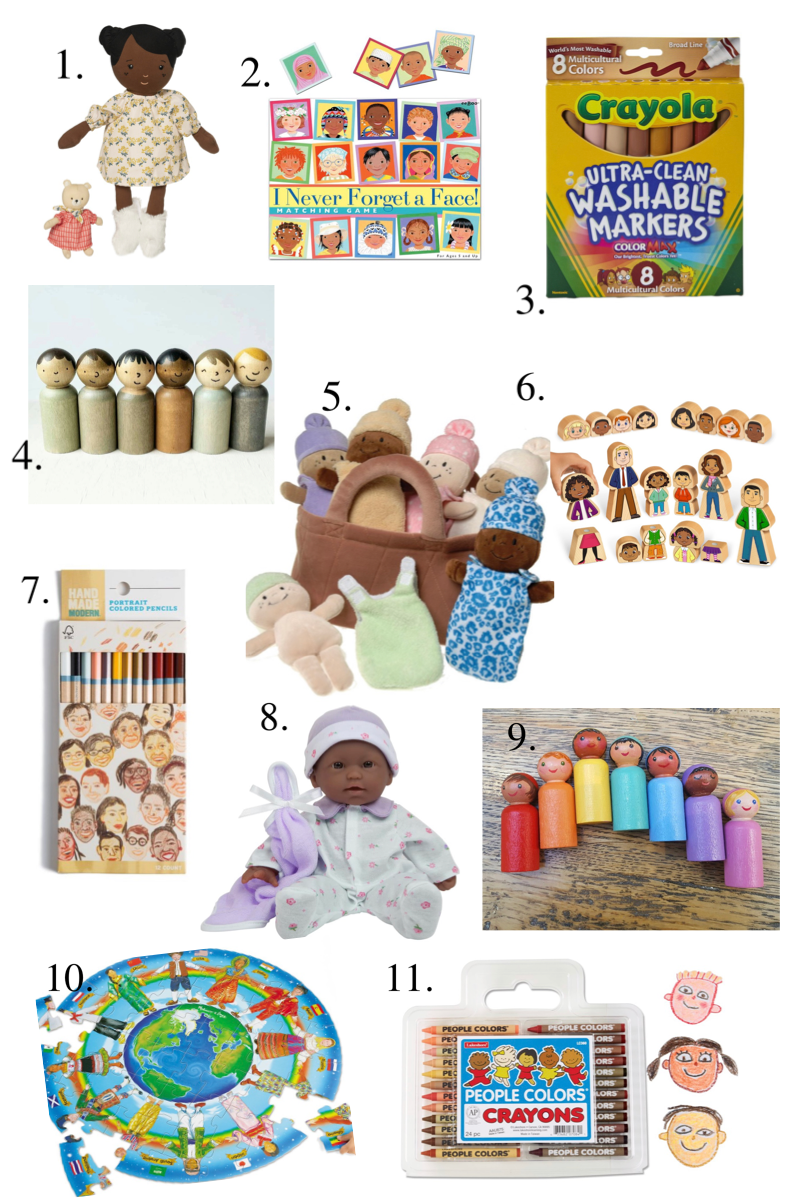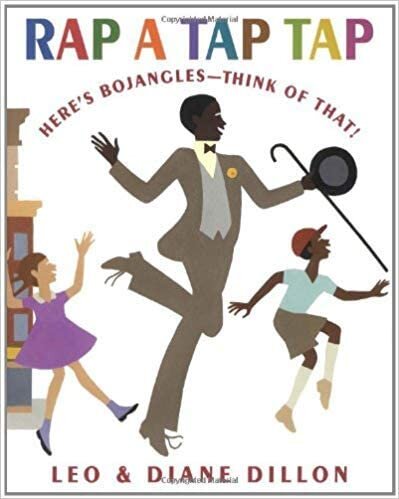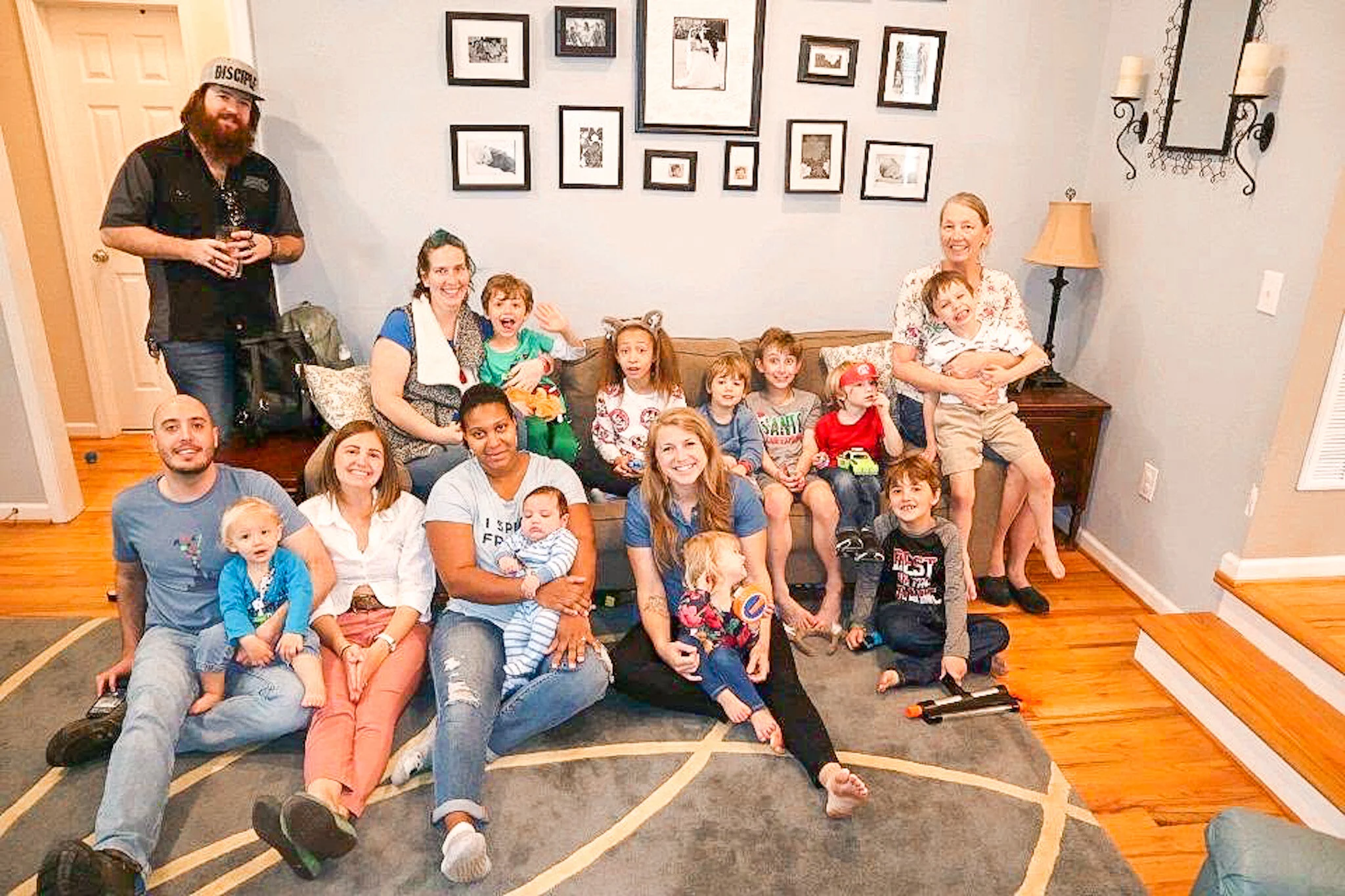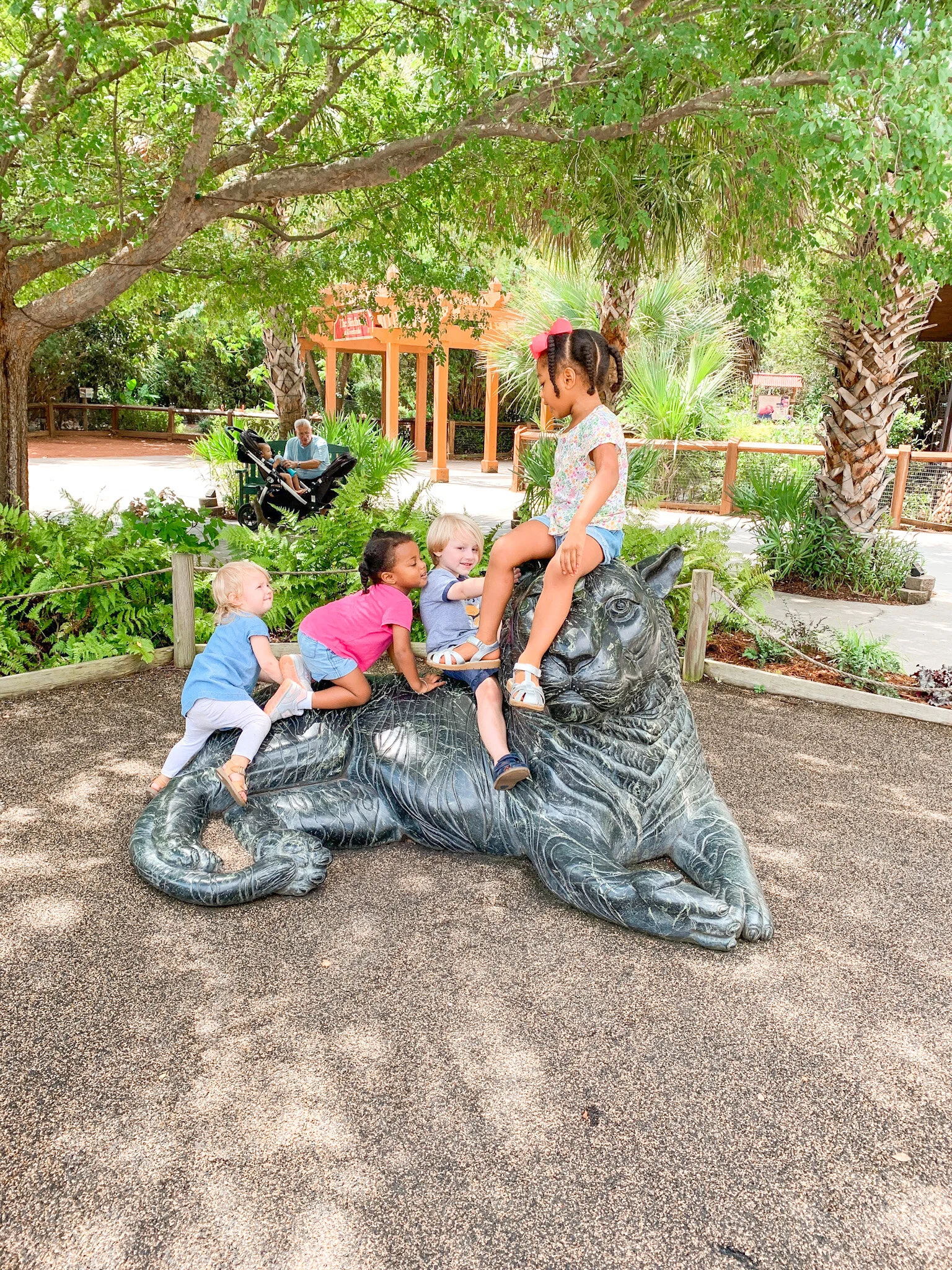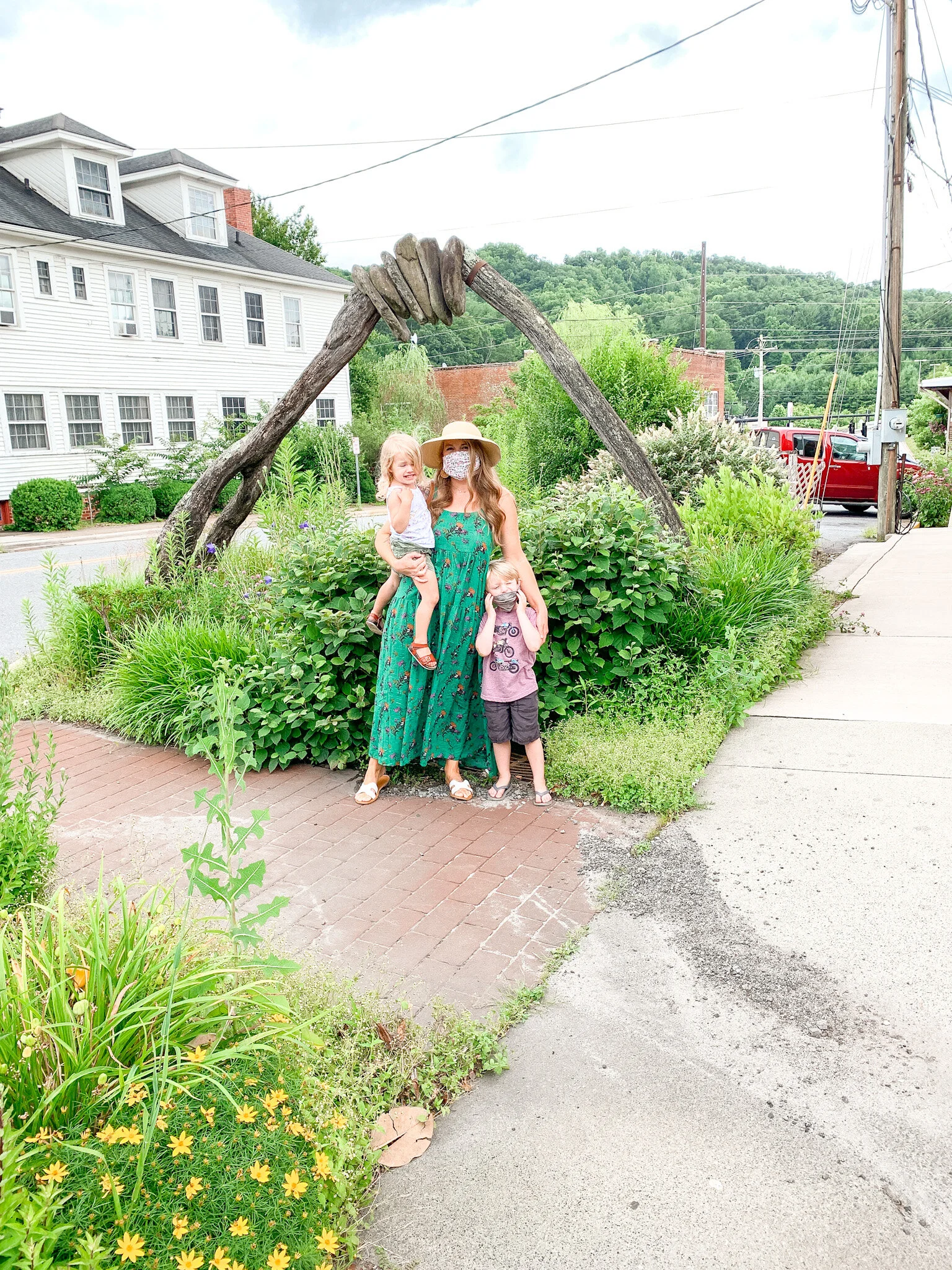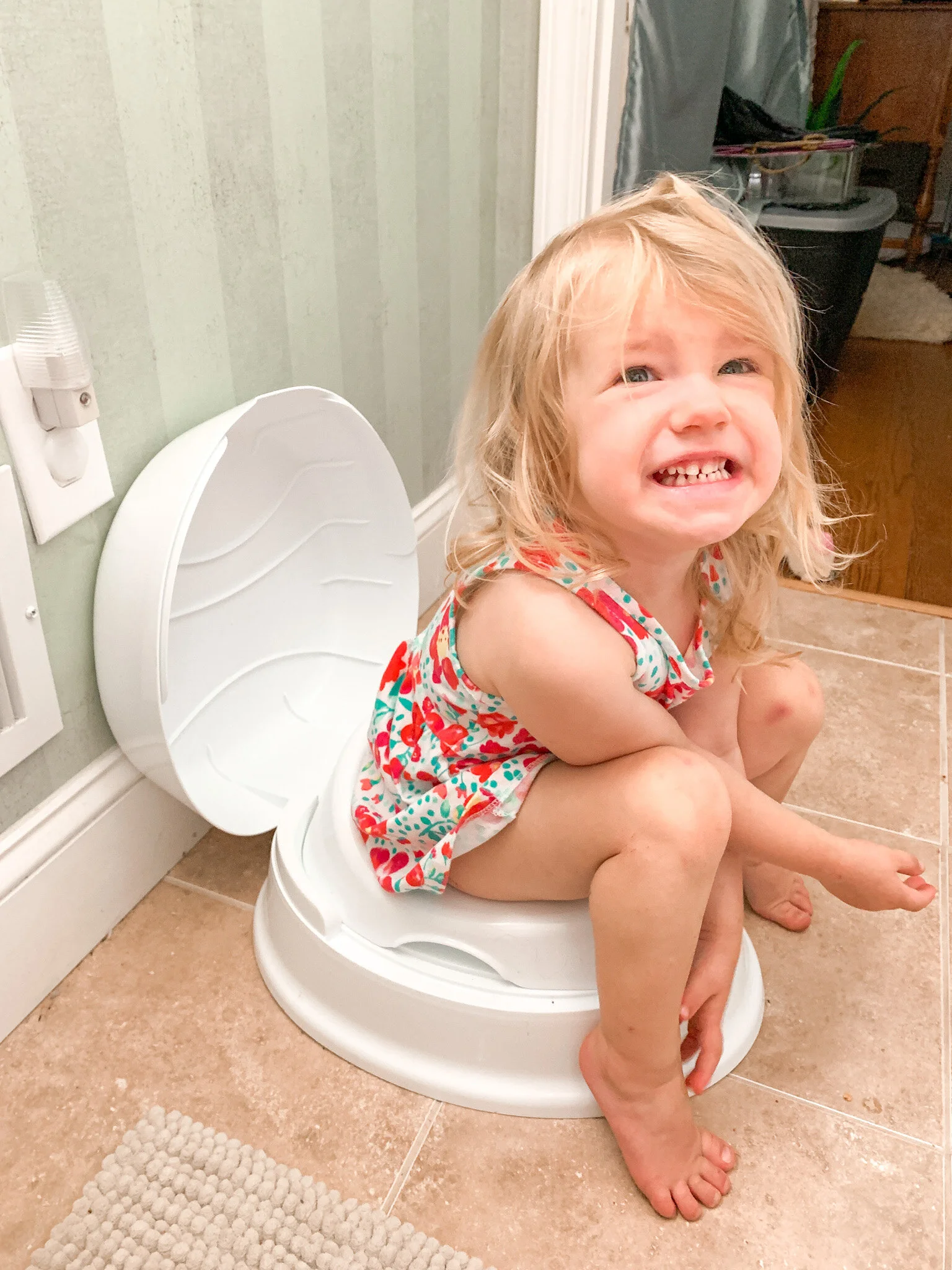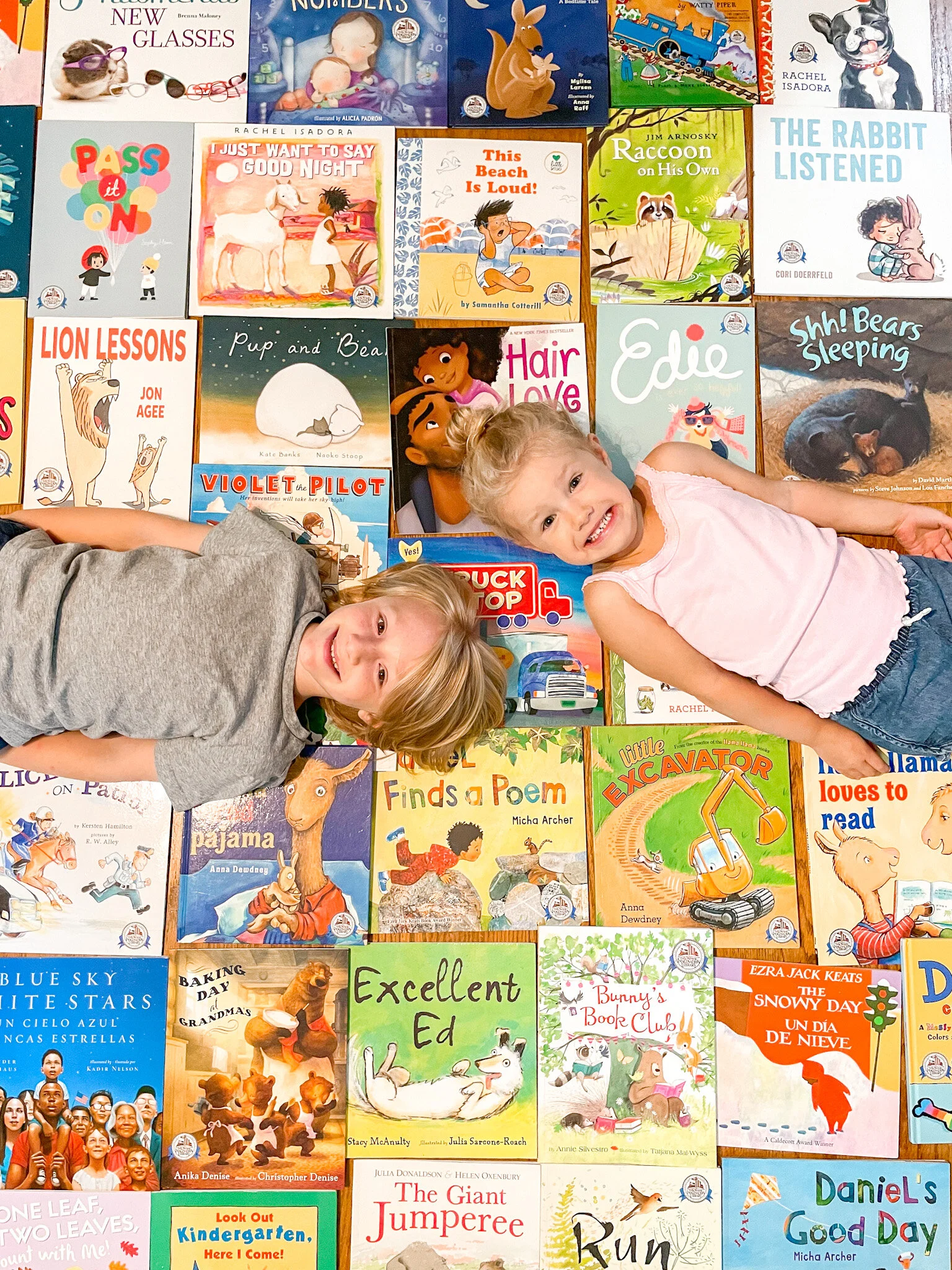5 Tools to Help Your Kids Learn About Race & Diversity
I attended a talk at a local children’s boutique back in January about “How to talk to your kids about RACE and RACISM”. I learned so many helpful things then and now with all the education out there about how to be an ally to the Black community and People of Color (POC). So I wanted a place to share what I’ve found and some tools to help your kids learn about race & diversity.
*Standard disclosure: Some affiliate links are included in this post. If you purchase through my link, I may receive a small commission, at no cost to you. Thank you for supporting the time & effort it takes to connect you with quality products I highly recommend, from my favorite sources. It is very much appreciated.*
1. Don’t WAIT to talk to your kids about race
If you’re not talking to your kids about race, how to be anti-racist, how to be an ally - someone else is. Or they’re just “learning” it on their own and forming their own biases based on their experiences and what they see/hear. Start as early as you can. Address any prejudice attitudes/behavior you see right away, in the moment.
2. Choose toys that celebrate different races
If your child only has toys that look like them, how are they supposed to celebrate and accept those that are different from them? To see everyone as equal, even if they look different? Choose your children’s toys with intentionality and ones that feature different ethnicities & skin tones.
1. Manhattan Toy Black Baby Doll
2. I NEVER FORGET A FACE MATCHING GAME
3. Crayola Washable Marker Set // 8-Colors, Broad, Skin Tones
4. Hand painted wooden peg dolls
6. Mix & Match Magnetic Families
7. 12ct Skin Tone Colored Pencils
8. La Baby Boutique African American Soft Body Baby Doll // 11 inch Small, 12 Months and older
9. Set of Rainbow Peg dolls // Buy 9 get 1 free!!
10. Children of the World Floor Puzzle
3. Include diverse books in your kid’s library
Be mindful of the diversity books you choose for your kids. They aren’t all created equal. Make sure the books you’re choosing feature POC as the MAIN characters, not just “represented” in the story.
Don’t ONLY include books about racism, civil rights and the history of oppression of Black people. You don’t want kids to only focus on the oppression of the Black community. Don’t purchase books based during slavery times featuring “happy” slaves. Slaves weren’t happy and kid’s books that show “happy” Black slaves are perpetuating a lie.
Rather, include books that highlight diversity and different cultures, show similarities in their own lives (stories featuring black families), books showing friendship with others, stories about sharing and how to celebrate our differences while still being inclusive & kind.
It’s okay to include SOME books on civil rights, being anti-racist and the hard questions, but don’t let those be the ONLY books in their library.
I shared these stories featuring Black protagonists from my own children’s library on my Instagram stories:
Other great reads for their collections:
The Story of Ruby Bridges // A is for Activist // Saturday // We’re Different, We’re the Same // One Day in the Eucalyptus, Eucalyptus Tree // Hair Love //
*Buy from Black owned bookstores and businesses when you can. I know Amazon & chain stores are really easy to shop from, but it’s not necessarily the BEST option in this situation. Supporting the Black community is so important! Shop from the source when possible.
There are a couple book of the month clubs, book subscription boxes, you can order from too! You’d be supporting a Black owned business AND getting quality diverse books for your children, hand selected by members of the Black community.
WAM! Book Bundle
10% off code: WELCOME
Melanin and Made
Just like ME! Box
4. Have a diverse group of friends
If your child is only friends with kids that look like them, how do you think they will react when they are around kids that are different from them?
If they see their parents only hanging out with people that look like them and have similar life experiences, what does that say to our children?
If you want your children to be kind and inclusive to everyone, then you have to lead by example. They have to know and be introduced to everyone. It’s one thing to “say” be kind to everyone, it’s another thing to actually be kind & inclusive to other cultures, including who you choose to be around.
Make a point to have black friends and hang out with them and their families. Actually do life together. Invite them over for dinner, meet up for play dates. Not to have “token black friends” but because you genuinely like them, want to grow your friendship and have a desire to learn more about them and from them.
5. Be uncomfortable
Visit areas that make YOU feel uncomfortable. Not unsafe, uncomfortable. Go to playgrounds, libraries, schools, events, or grocery stores where you will be the minority.
Hopefully this will help you and your kids feel empathy. See what it feels like when your race is not primarily represented. See what it feels like to be uncomfortable and to look different from those around you.
Kids are pretty resilient/naive and may not necessarily notice, especially if there are other kids that are similar ages, around them. This practice shows children that there is a big world out there, there are people different from them and that’s ok! That’s what makes them unique.
Our differences should be celebrated as well as encouraged. There’s no way to celebrate and encourage each other‘s differences without being around people who don't look like you, act like you, think like you or live in the same area as you do.
I believe God made mankind in his image. (Genesis 1:27) So we are all equal in God's eyes. But he also made us all different. And he made us different for a reason. (Ephesians 2:10)
We all have important roles to play in each other’s lives and here on Earth. Everyone’s story matters and everyone is important. Imagine how boring our world would be if we all looked the same, thought the same way and did the same things.
It’s up to us as parents to teach our kids how to be kind, inclusive and stand up for what’s right. We can be the change our children’s generation needs. It starts with us.
Beautiful Artwork Illustration by the wonderfully talented Black creator: @ohhappydani


